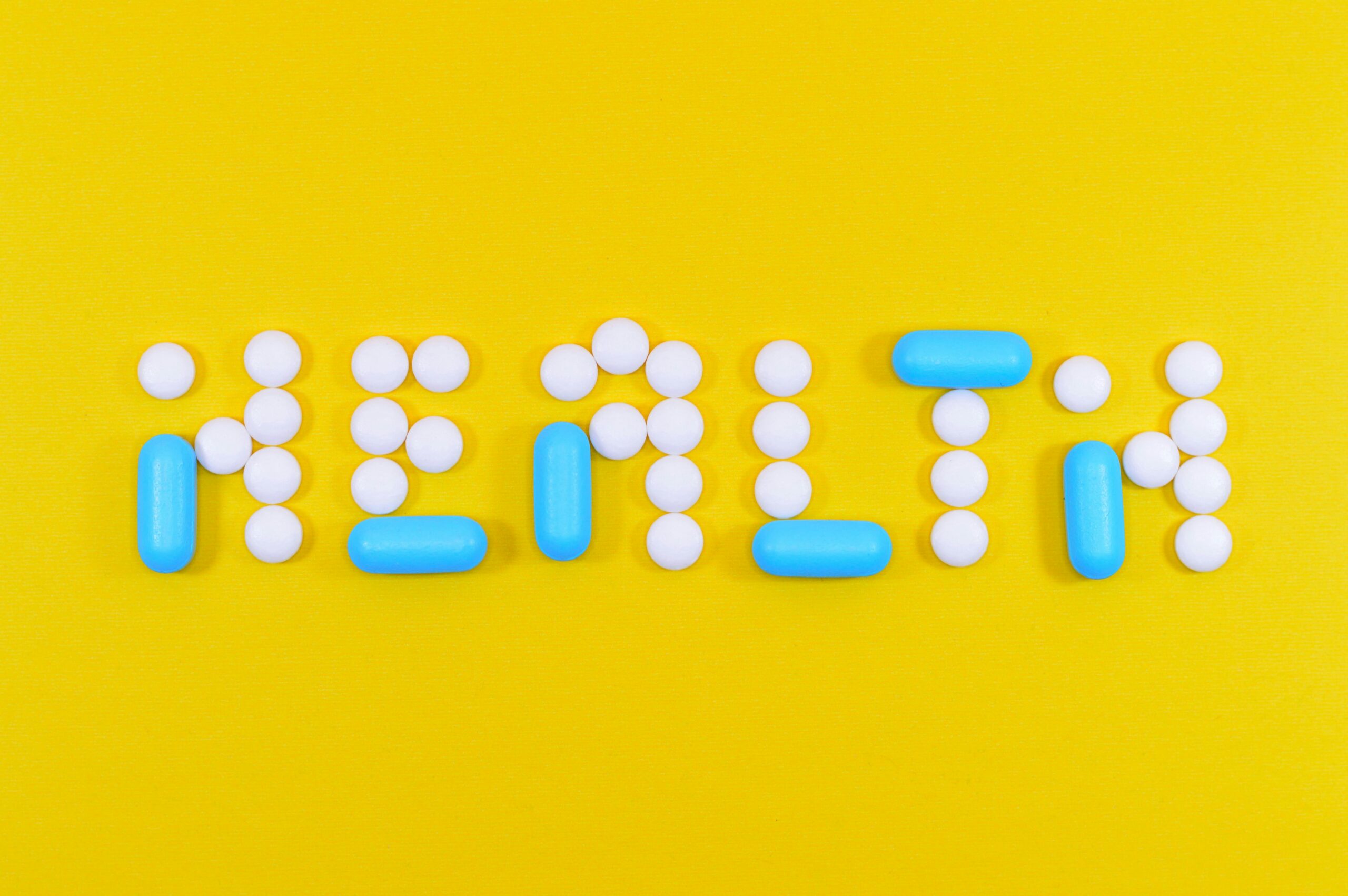The connection between the food you eat and your mental health is more powerful than most people realize. Your brain, like the rest of your body, needs proper fuel to function. What you consume can influence your mood, memory, energy levels, and even your risk of depression and anxiety.
In this article, we’ll explore:
- The link between diet and mental health
- Key nutrients that support brain function
- Foods that boost mood (and those that harm it)
- Sample meal ideas for better mental health
🧩 The Gut-Brain Connection
Your gut and brain are closely linked through the gut-brain axis, a communication network involving:
- Neurons
- Hormones
- Gut bacteria (microbiome)
About 90% of serotonin—your “feel-good” chemical—is produced in the gut. A poor diet can disrupt this balance, leading to mood swings, anxiety, and depression.
⚖️ How Food Affects Mental Health
1. Blood Sugar Stability
Dips in blood sugar can cause:
- Irritability
- Anxiety
- Fatigue
- Brain fog
Avoid refined carbs and sugary snacks that spike and crash your glucose.
2. Inflammation
Processed foods trigger chronic inflammation, which has been linked to:
- Depression
- Schizophrenia
- Cognitive decline
3. Nutrient Deficiency
Your brain needs a steady supply of vitamins, minerals, and healthy fats to function properly. A lack of key nutrients can negatively impact mental clarity, memory, and emotional regulation.
🧠 Top Nutrients for Brain Health
Here are essential nutrients for a sharper mind and more balanced mood:
| Nutrient | Benefit | Best Sources |
|---|---|---|
| Omega-3 Fatty Acids | Boost mood, reduce depression | Fatty fish (salmon, sardines), flaxseeds, walnuts |
| B Vitamins (especially B6, B9, B12) | Aid neurotransmitter production | Leafy greens, eggs, legumes, fortified cereals |
| Magnesium | Reduces anxiety, promotes relaxation | Nuts, seeds, whole grains, spinach |
| Zinc | Supports brain signaling and mood | Pumpkin seeds, oysters, cashews |
| Vitamin D | Linked to happiness and focus | Sunlight, fortified foods, mushrooms |
| Iron | Prevents fatigue and brain fog | Red meat, lentils, spinach |
| Tryptophan | Precursor to serotonin | Turkey, cheese, oats, bananas |
🥗 Best Foods for Mental Health
✅ Foods That Boost Mood:
- Fatty fish: Rich in omega-3s
- Leafy greens: High in folate and magnesium
- Berries: Full of antioxidants
- Eggs: High in B vitamins and choline
- Nuts & seeds: Great for zinc, magnesium, and healthy fats
- Fermented foods: Yogurt, kefir, kimchi improve gut health
- Whole grains: Provide steady glucose to the brain
- Dark chocolate: Enhances mood via dopamine stimulation (in moderation)
❌ Foods That Harm Mental Health:
- Refined sugar: Causes spikes and crashes in energy and mood
- Trans fats and fried food: Trigger inflammation
- Excess caffeine: May increase anxiety
- Highly processed foods: Lacking in essential nutrients
- Artificial sweeteners: Can affect mood and gut microbiome
🍽️ Sample Meal Plan for Mental Wellness
Breakfast
- Oatmeal topped with walnuts, blueberries, and a banana
- Green tea or black coffee
Snack
- Greek yogurt with flaxseeds
Lunch
- Grilled salmon over quinoa and mixed greens
- Olive oil and lemon dressing
Snack
- Handful of almonds or dark chocolate (70%+)
Dinner
- Stir-fry with tofu/chicken, broccoli, bell peppers, and brown rice
Before Bed
- Herbal tea + magnesium-rich snack (like pumpkin seeds)
🧘 Lifestyle Tips to Support Nutritional Mental Health
- Hydrate Regularly
Dehydration affects focus and mood. - Mindful Eating
Slow down and pay attention to how foods make you feel. - Limit Alcohol
It depletes B vitamins and worsens sleep and anxiety. - Exercise
Supports neurotransmitter production and reduces stress hormones. - Get Sunlight
Boosts vitamin D and improves circadian rhythm.
📊 Mental Health Conditions Linked to Nutrition
Many mental health disorders show improvement when supported by dietary changes:
| Condition | Nutrition Support |
|---|---|
| Depression | Omega-3s, Vitamin D, Folate |
| Anxiety | Magnesium, B6, Omega-3s |
| ADHD | Iron, Omega-3s, Zinc |
| Bipolar Disorder | Blood sugar stability, fish oils |
| Schizophrenia | Antioxidants, Vitamin B-complex |
| Alzheimer’s | Anti-inflammatory diet (Mediterranean-style) |
🧠 Functional Psychiatry: A New Frontier
Nutritional psychiatry is an emerging field that treats mental health disorders with dietary interventions. Research continues to prove that food is medicine, especially for the mind.
Some doctors now prescribe:
- Probiotics for depression
- Omega-3 supplements for ADHD
- B-complex vitamins for cognitive decline
✅ Final Thoughts
Your brain is what you feed it—literally. By improving your nutrition, you can significantly impact how you think, feel, and function.
Start with small changes:
- Swap soda for water
- Choose whole foods over processed ones
- Add one mood-boosting meal each day
In time, you’ll notice a clearer mind, a calmer mood, and a stronger sense of well-being.



